Why does Ho Chi Minh City ban subdivision and sale of land?
The Ho Chi Minh City People's Committee has just issued Decision No. 83/2024, effective from October 21, stipulating that investors of real estate projects and housing construction investment projects in the whole area are not allowed to transfer land use rights with technical infrastructure in the project to organizations and individuals to build houses themselves. This regulation is excepted in cases where investors have the goal of resettlement by land in communes, towns, and districts of Ho Chi Minh City.
Thus, Ho Chi Minh City prohibits the subdivision and sale of land plots in projects for organizations and individuals to build their own houses, including all 5 districts of Binh Chanh, Nha Be, Hoc Mon, Cu Chi and Can Gio.
Previously, the Ho Chi Minh City Department of Construction explained the reason for banning the subdivision and sale of land plots is that the city is developing a project to invest in and build districts into districts or cities under Ho Chi Minh City in the period of 2021-2030. By 2030, the districts will focus on investing in infrastructure construction towards urban targets to become cities under Ho Chi Minh City.
To avoid discrimination between commercial housing construction investment projects and to unify the application of regulations, real estate project investors in Ho Chi Minh City must invest in the complete construction of housing according to regulations, then carry out procedures to transfer land use rights, house ownership rights and other assets attached to land to organizations and individuals. This regulation is an exception for real estate projects with the goal of resettlement by land in communes, towns and districts that meet the conditions according to regulations.
Thus, the regulation prohibiting the subdivision and sale of land plots throughout the city aims to unify the State management of housing and enhance the responsibility of project investors, ensuring synchronous investment in the construction of technical infrastructure and social infrastructure; avoiding the situation where people build without permission, without permission or without ensuring architectural management regulations. The Department of Construction believes that the ban on subdivision and sale of land plots throughout the area is necessary.
Mr. Le Hoang Chau - Chairman of the Ho Chi Minh City Real Estate Association (HoREA) - said that the above explanation is not consistent with the provisions of the Law on Real Estate Business 2023 and the practical situation. Because the project is still a project. Currently, the 5 districts of Binh Chanh, Nha Be, Hoc Mon, Cu Chi and Can Gio are still districts, not districts or cities of Ho Chi Minh City.
According to the provisions of the Law on Real Estate Business 2023 and the Law on Housing 2023, these 5 districts are still in the case of "in the remaining areas, the Provincial People's Committee shall, based on local conditions, determine the areas where project investors are allowed to transfer land use rights with technical infrastructure to individuals to build their own houses". In addition, the demand of people who want to receive the transfer of land use rights with technical infrastructure in projects in the above 5 districts to build their own houses is still very large.
Therefore, he suggested that the Ho Chi Minh City People's Committee review and amend the regulations in the direction of dividing and selling land plots in communes, excluding towns in the 5 districts of Binh Chanh, Nha Be, Hoc Mon, Cu Chi, Can Gio and not subject to auction of land use rights to invest in housing construction projects.
Sharing the same view, real estate expert Dinh Minh Tuan - Director of the Southern Region of Batdongsan.com.vn - said that to urbanize, it is necessary to attract residents, invest in good infrastructure, and have attractive real estate prices. For districts to become districts or cities under Ho Chi Minh City, that area must be chosen by people to live, and they must be willing to go further away to get cheaper real estate prices.
However, when the subdivision and sale of land plots is banned in these 5 districts, the gap in housing prices with the outlying districts will not be too high, making it difficult for people to decide to migrate. Therefore, Mr. Tuan believes that the project's goal will be difficult to achieve by 2030.
The above expert suggested that at this time, Ho Chi Minh City should consider preparation plans, limit making decisions that affect real estate prices, or if there are any, there should be a roadmap to gradually reduce the impact. At the same time, if banning land subdivision and sale, Ho Chi Minh City can ban it in some highly urbanized areas in districts, such as town centers. Remote areas with sparse population should not be rushed.
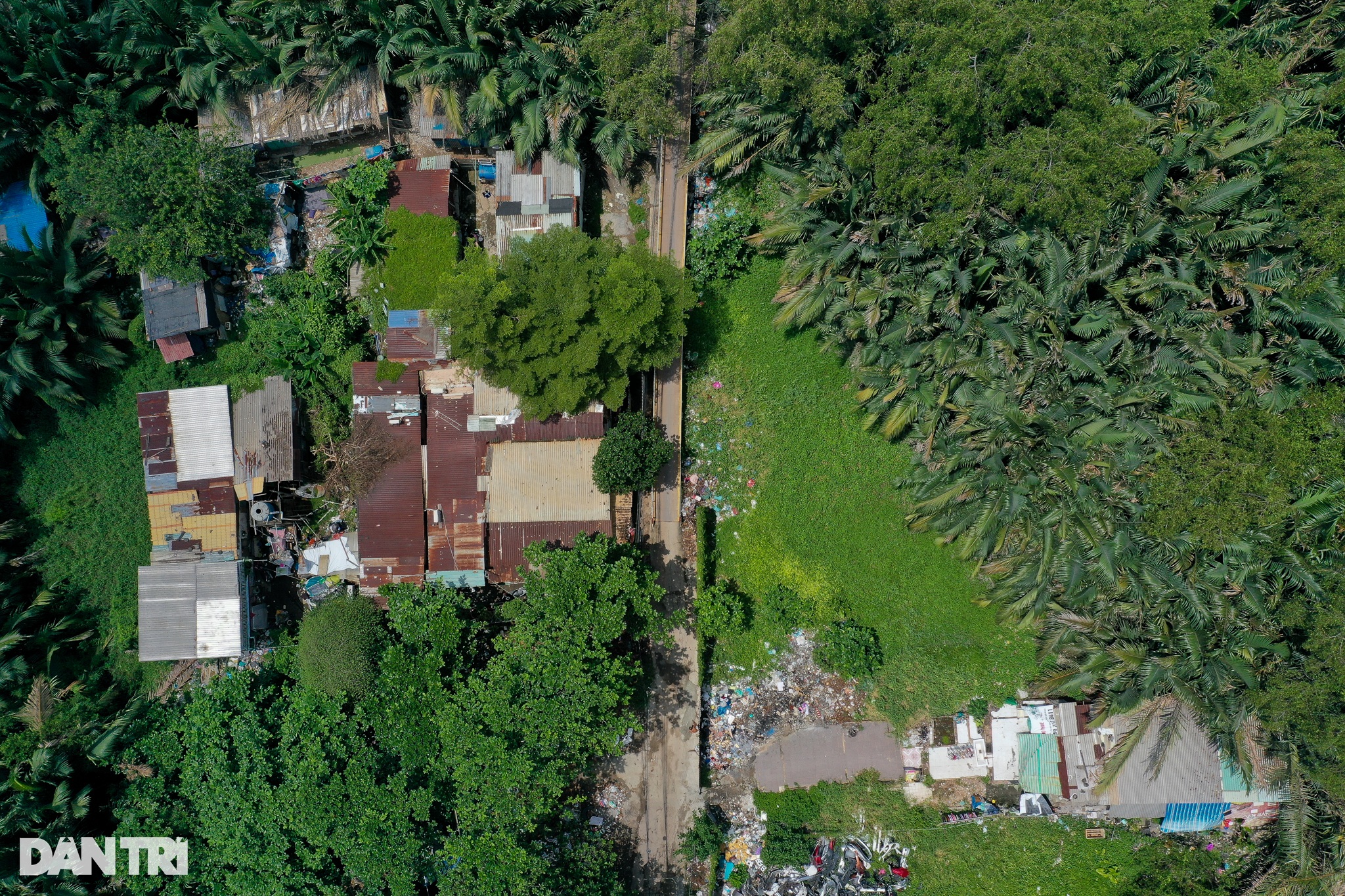
Ho Chi Minh City bans subdivision and sale of land plots throughout the area, including 5 suburban districts (Illustration: Nam Anh).
Land and residential land prices are forecast to increase sharply but are unlikely to "feverish"
Experts are concerned that the regulation banning the subdivision and sale of land in Ho Chi Minh City may have a significant impact on the market, as a new land price list is also issued at the same time. Residential land and subdivided land will increase in price sharply. Along with that, compensation and site clearance prices for infrastructure projects may also increase.
Mr. Dinh Minh Tuan said that banning the subdivision and sale of land will make the already scarce land supply in Ho Chi Minh City even more scarce, and the opportunity for people to move to the suburbs will narrow.
He said that people who want to convert land to residential land will have to spend more money due to the impact of the new land price list, so it will be more difficult to implement. Restricting the subdivision and sale of land will push up the price of land and residential land in the coming time. The increase in market prices will adjust the annual land price list in reverse, affecting the cost of site clearance for public investment infrastructure projects, increasing the estimated cost.
In addition, this regulation also requires small project developers to have enough capacity to implement: build houses, complete construction, have utilities to sell products. Increased input costs make it difficult for them to sell low-priced products. Increased prices, limiting buyers, can lead to the formation of "ghost" urban areas.
In general, he believes that the regulation prohibiting the subdivision and sale of land will help reduce legal risks for home buyers. However, at this time, the regulation may not be suitable for reality when the market has just gone through a difficult period. People are less interested in land, so the market has stagnated. If applied, the increase in real estate prices will make it difficult to meet the goal of decentralization of the central area and urbanization of the outskirts of Ho Chi Minh City.
However, supporting the right decision of Ho Chi Minh City, Mr. Vo Hong Thang - Deputy General Director of DKRA Group - said that banning land subdivision helps the city solve many problems. If investors are allowed to divide and sell land indiscriminately, it could destroy the planning. Especially when the city has large planning projects, requiring several hundred hectares for projects but is stuck with the land subdivision.
According to Mr. Thang, land products are mainly for investors to buy and resell for profit, there are very few real buyers. Therefore, subdivided land is not used regularly, the level of urbanization is low, causing waste of resources.
He also admitted that banning the subdivision and sale of land plots could potentially increase the price of land plots and residential land in the context of scarce supply. However, the current southern land market has low liquidity, and the State has appropriate management policies, so it is unlikely that there will be a land "fever".
Investors can completely look for suitable products in other suburban markets of Ho Chi Minh City such as Binh Duong, Long An, Ba Ria - Vung Tau... For real buyers, they can have many good options such as available secondary goods; land, existing townhouses in available residential areas; apartment products, he added.
Source: https://dantri.com.vn/bat-dong-san/tphcm-cam-phan-lo-ban-nen-gia-dat-du-bao-tang-nhung-kho-sot-20241031130322467.htm


![[Photo] Special relics at the Vietnam Military History Museum associated with the heroic April 30th](https://vstatic.vietnam.vn/vietnam/resource/IMAGE/2025/4/3/a49d65b17b804e398de42bc2caba8368)
![[Photo] Prime Minister Pham Minh Chinh receives Deputy Prime Minister of the Republic of Belarus Anatoly Sivak](https://vstatic.vietnam.vn/vietnam/resource/IMAGE/2025/4/2/79cdb685820a45868602e2fa576977a0)


![[Photo] Comrade Khamtay Siphandone - a leader who contributed to fostering Vietnam-Laos relations](https://vstatic.vietnam.vn/vietnam/resource/IMAGE/2025/4/3/3d83ed2d26e2426fabd41862661dfff2)
![[Photo] Prime Minister Pham Minh Chinh receives CEO of Standard Chartered Group](https://vstatic.vietnam.vn/vietnam/resource/IMAGE/2025/4/2/125507ba412d4ebfb091fa7ddb936b3b)
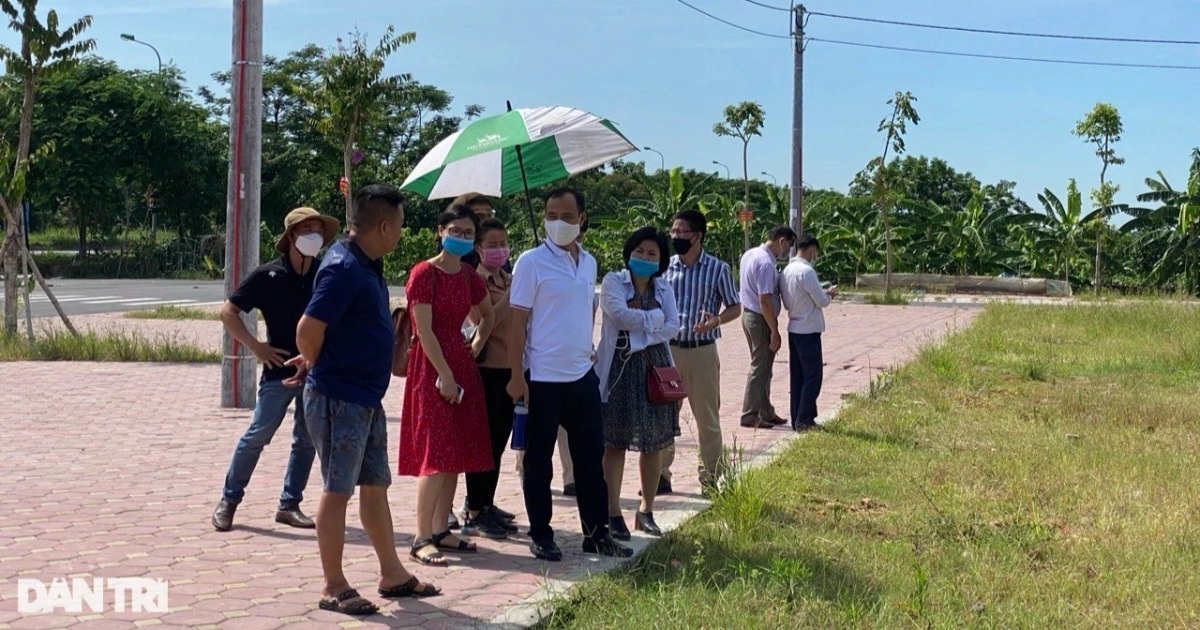
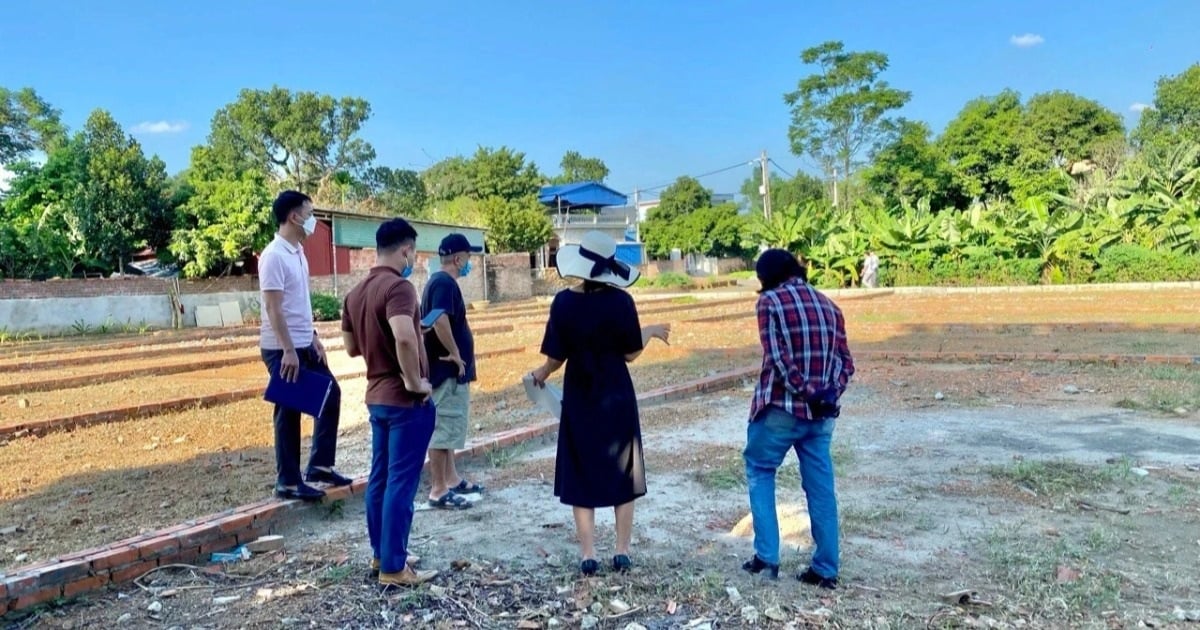
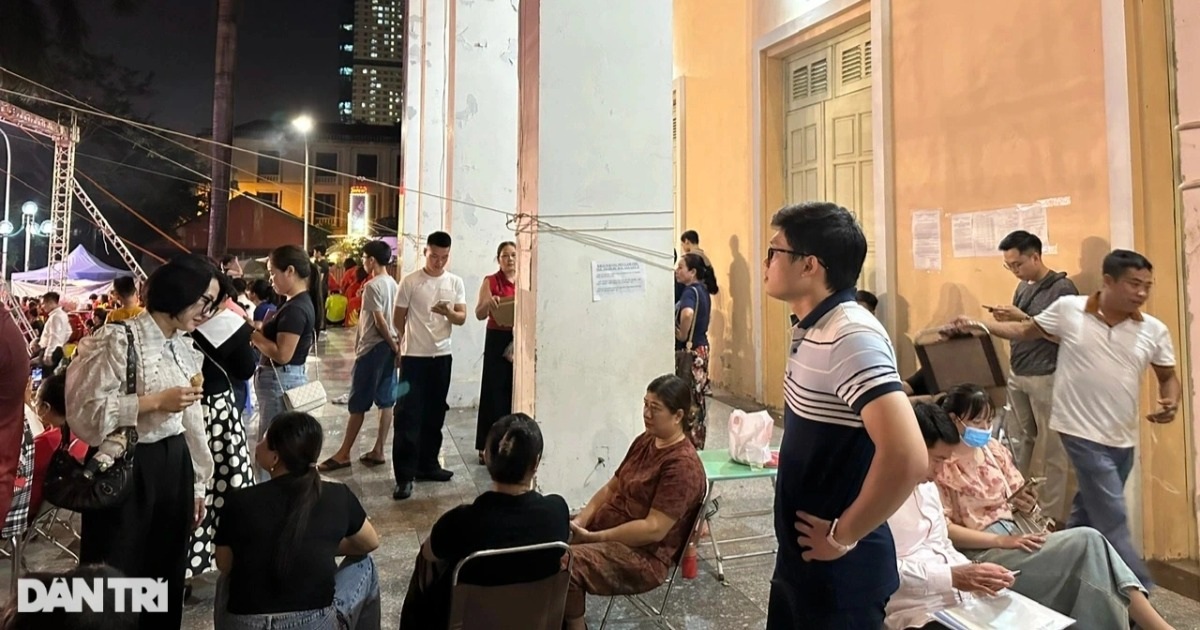
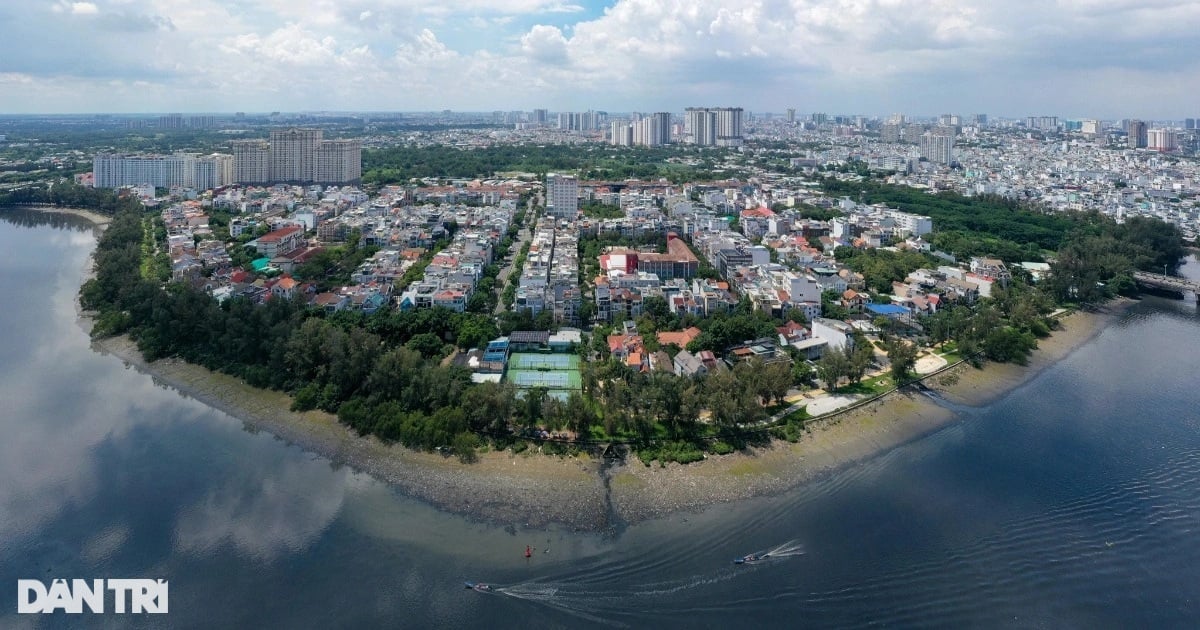
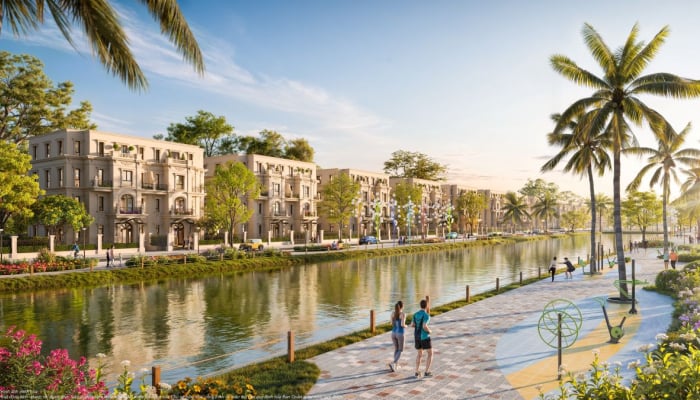
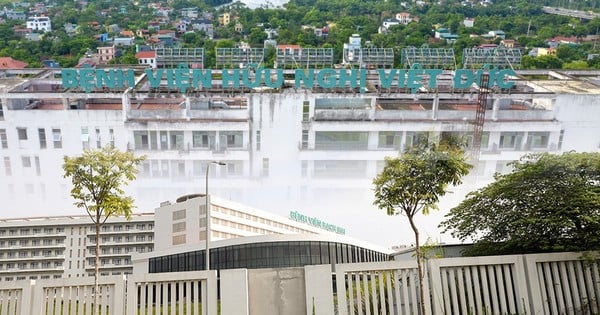
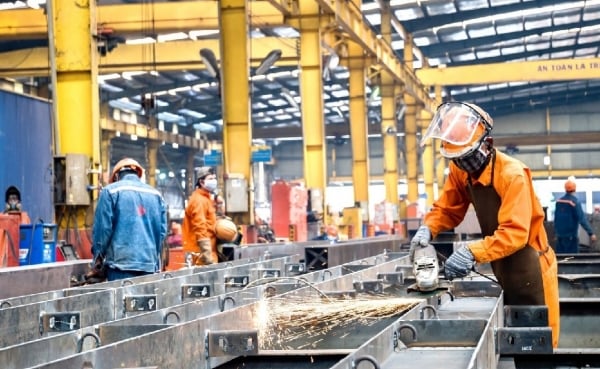
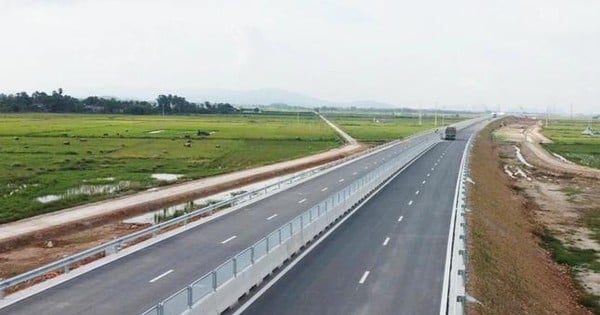










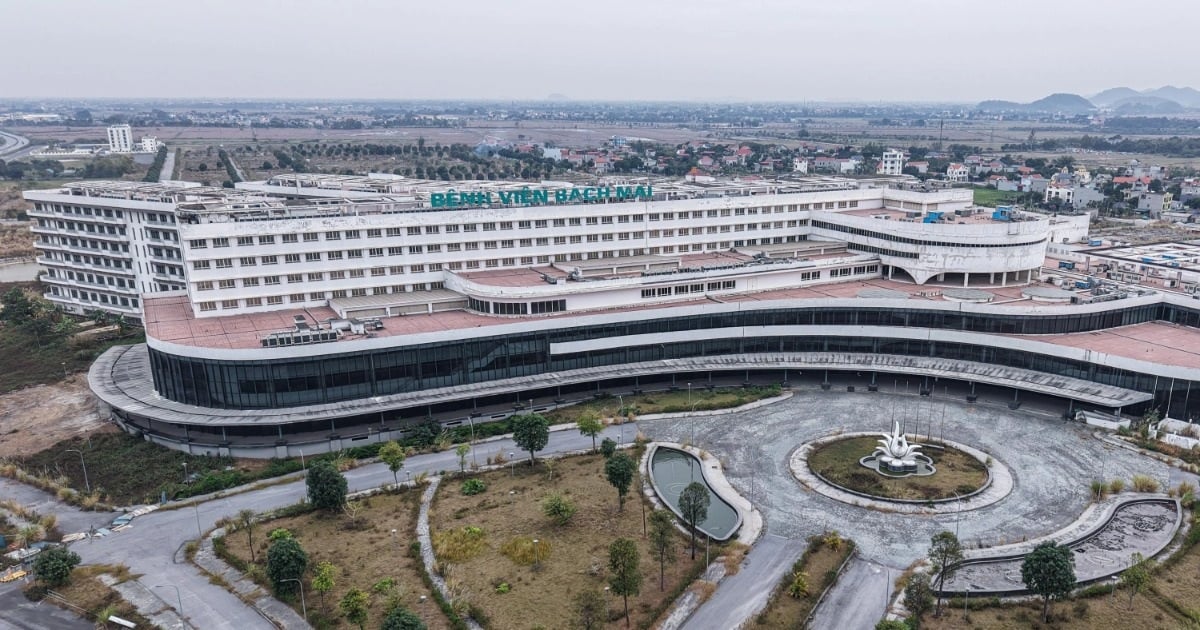
































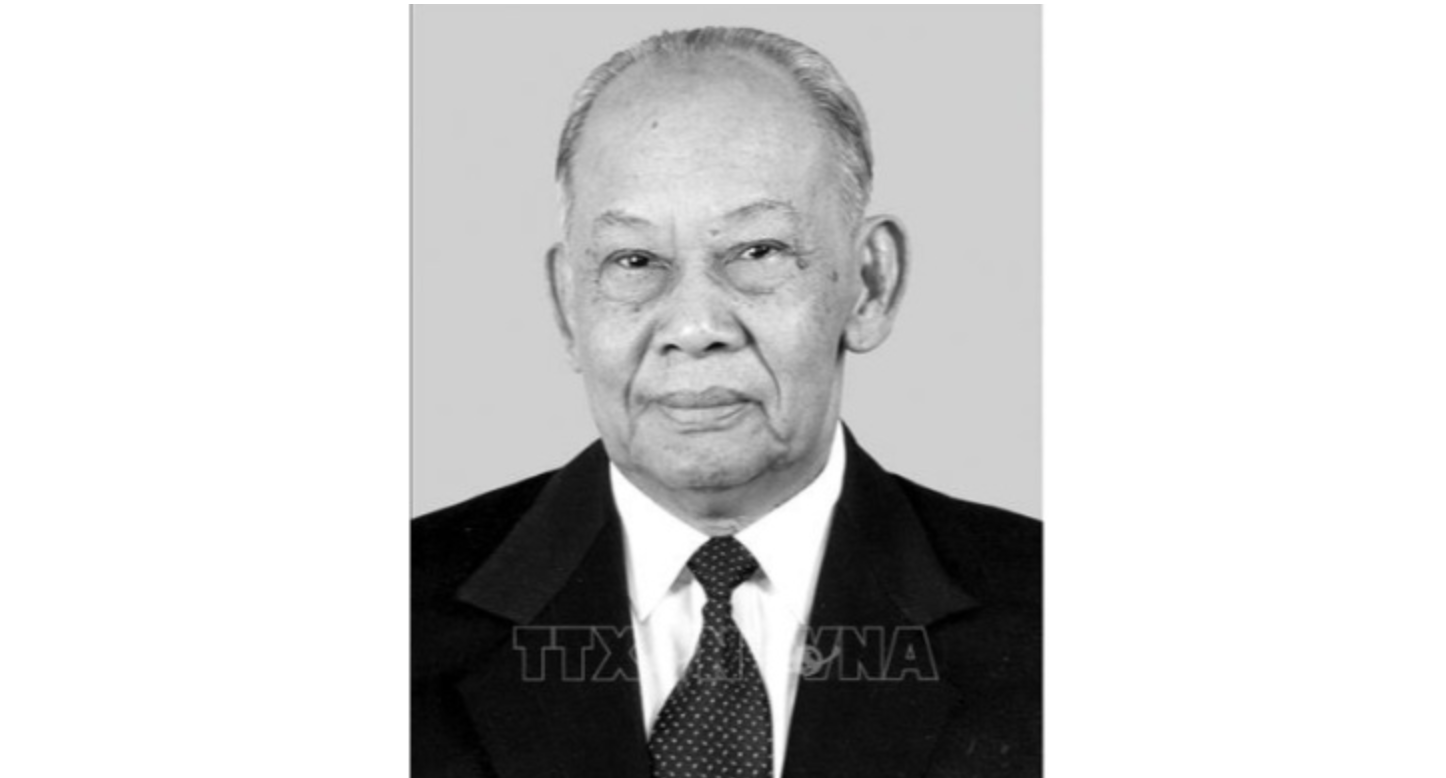

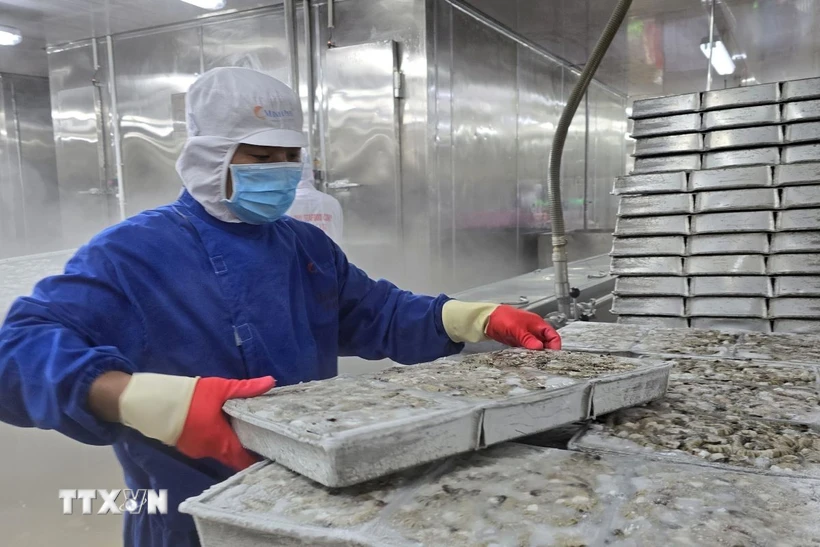
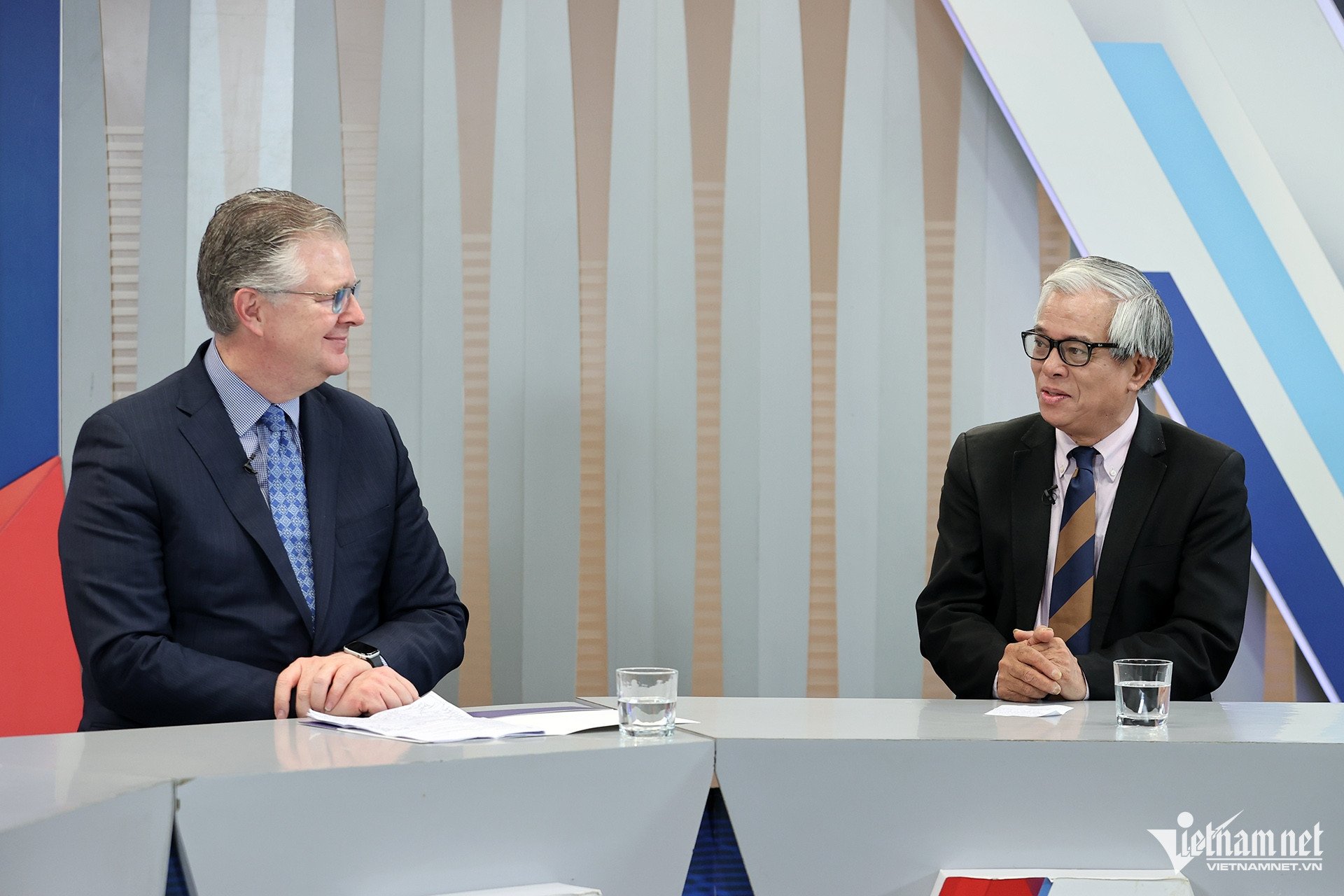
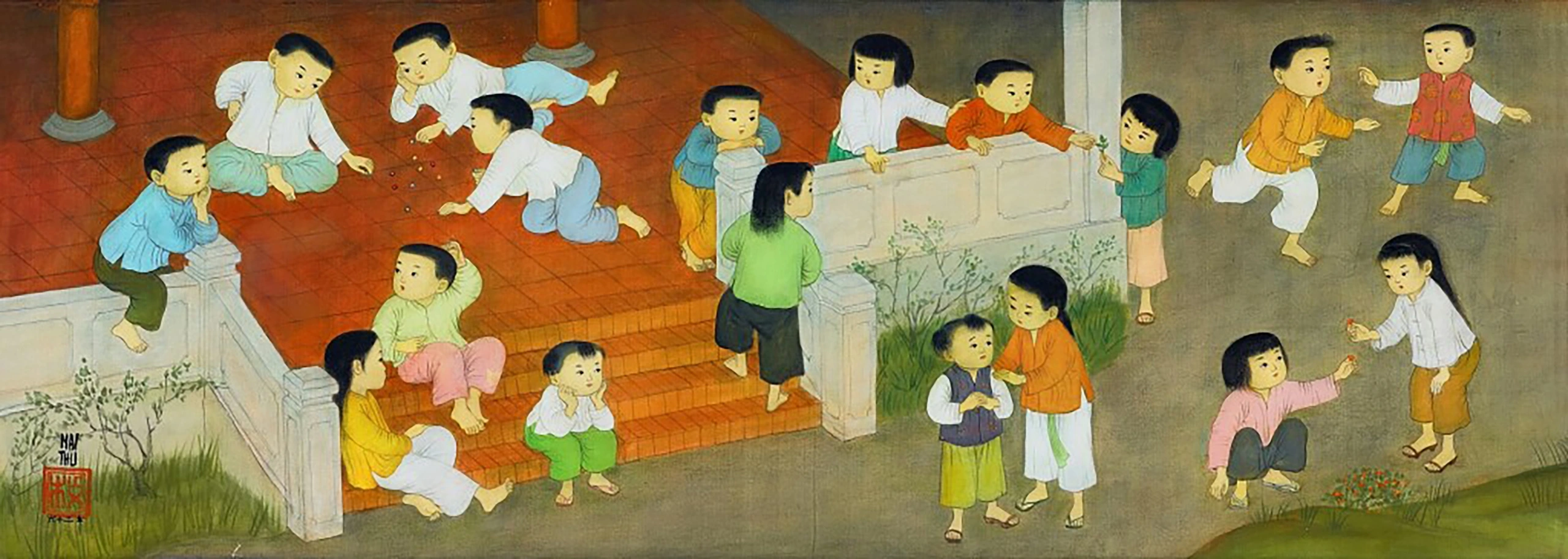
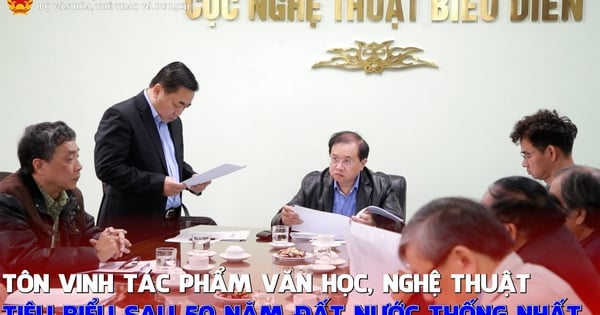

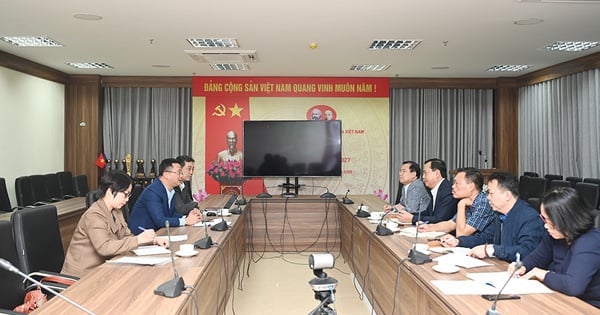
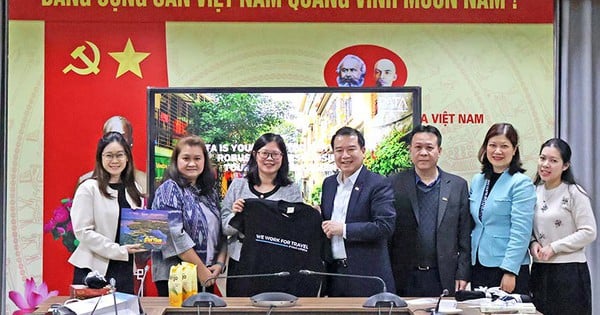




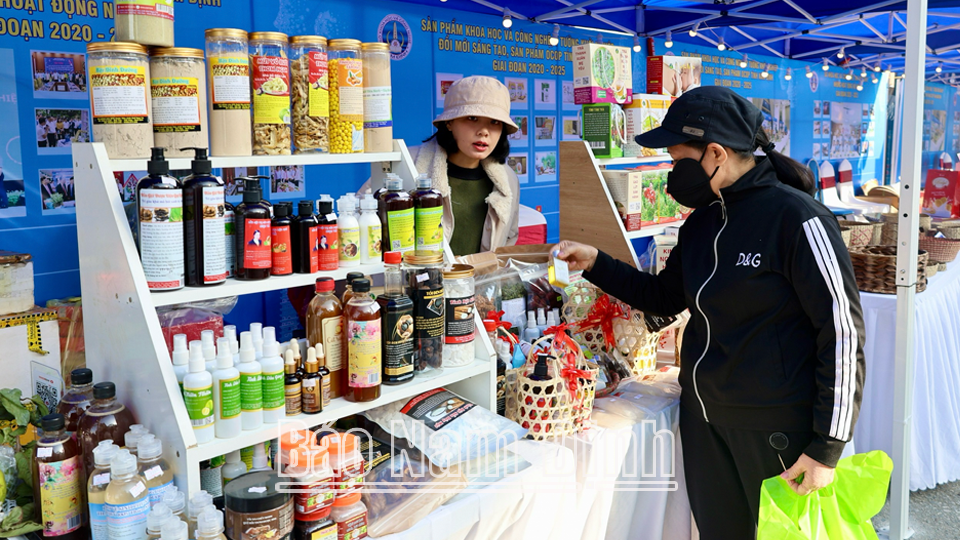


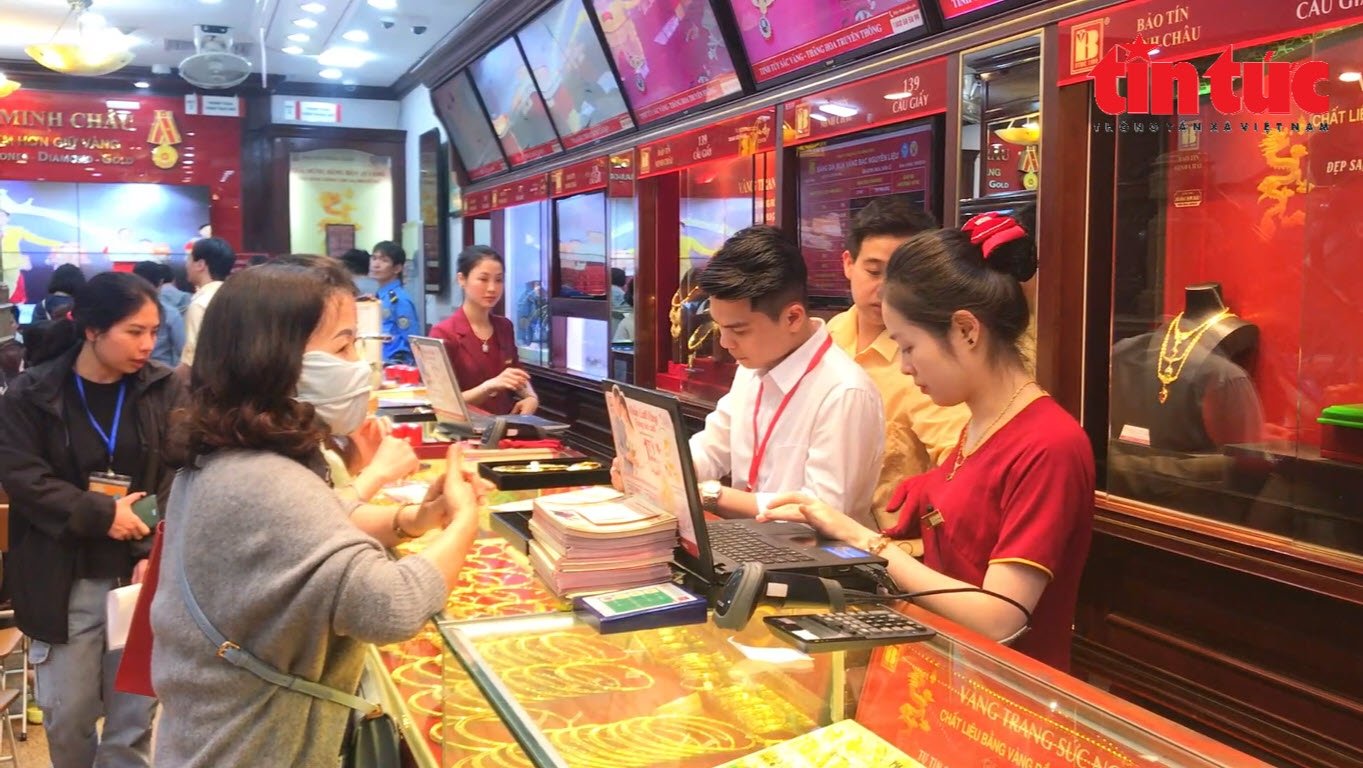

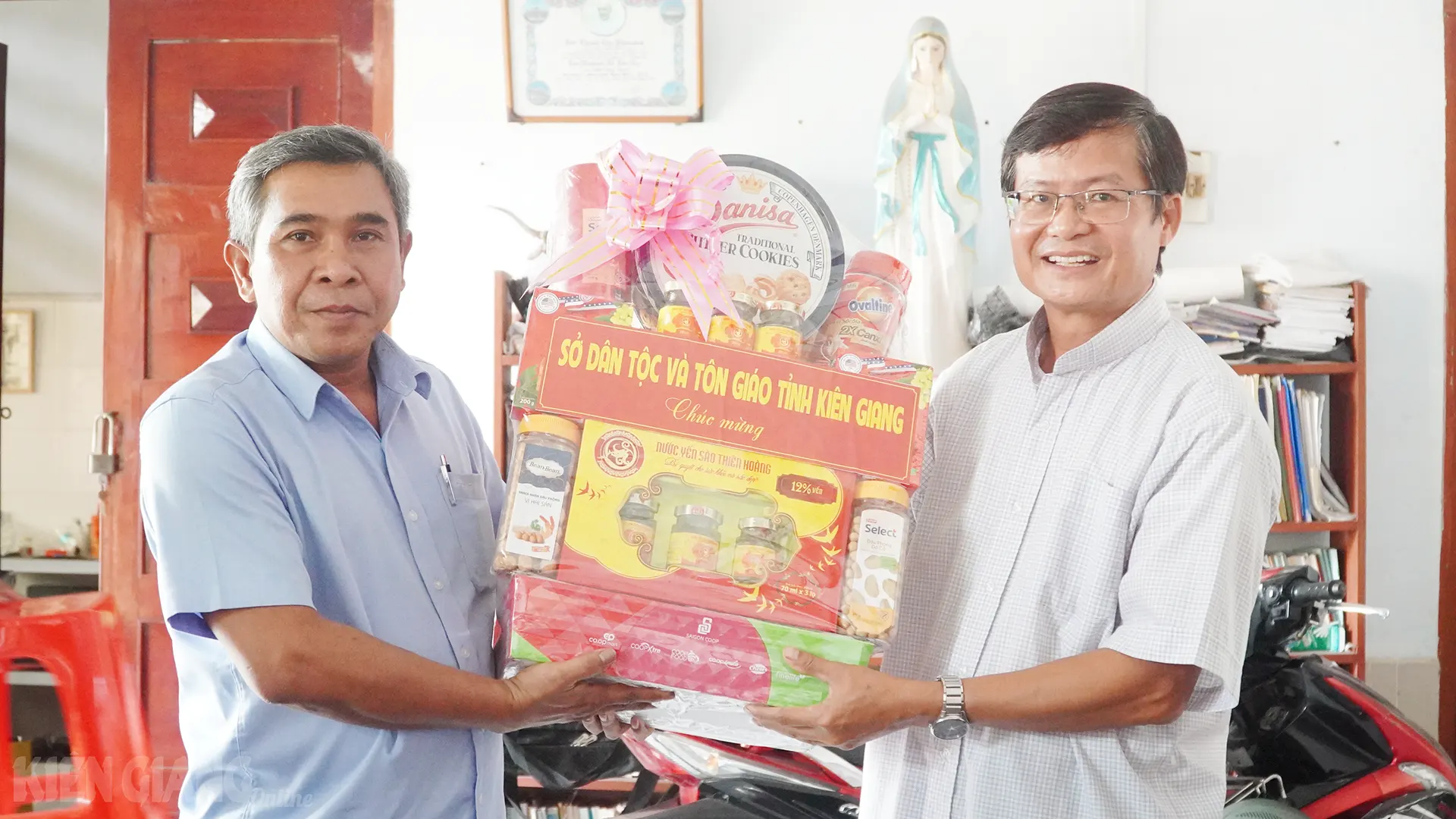
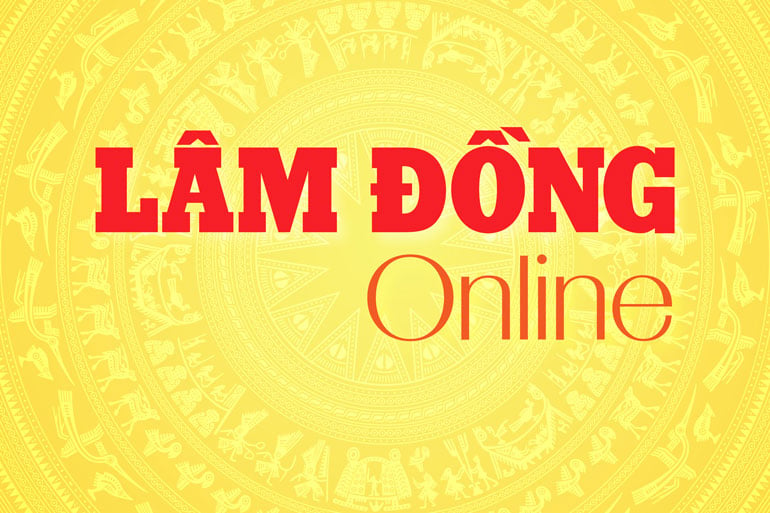
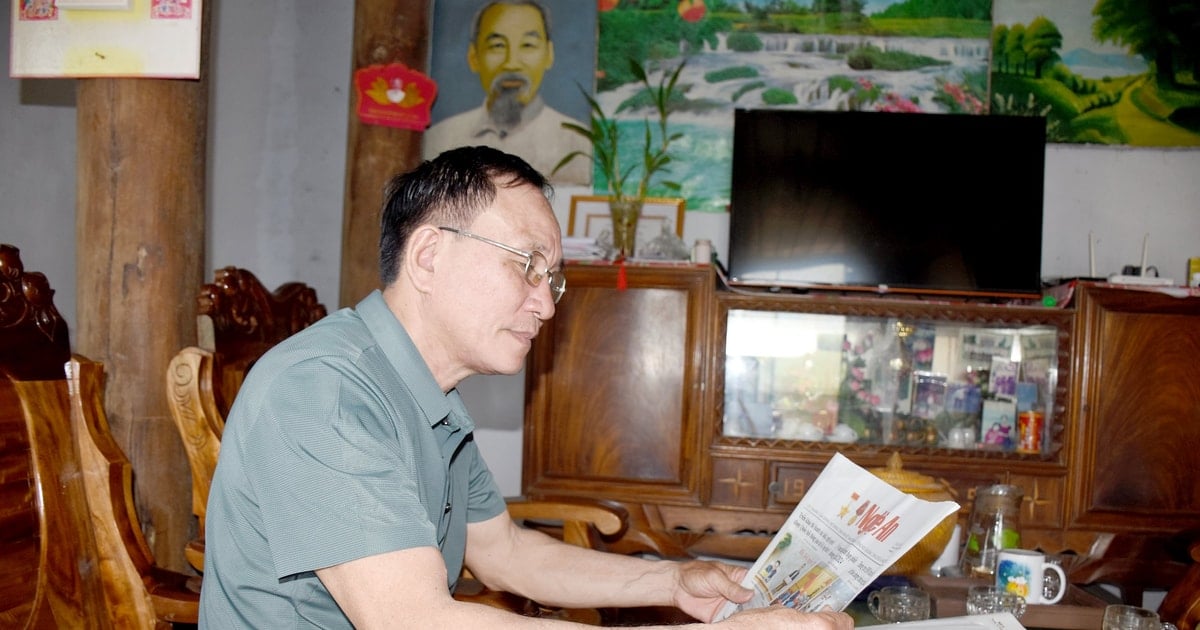













Comment (0)